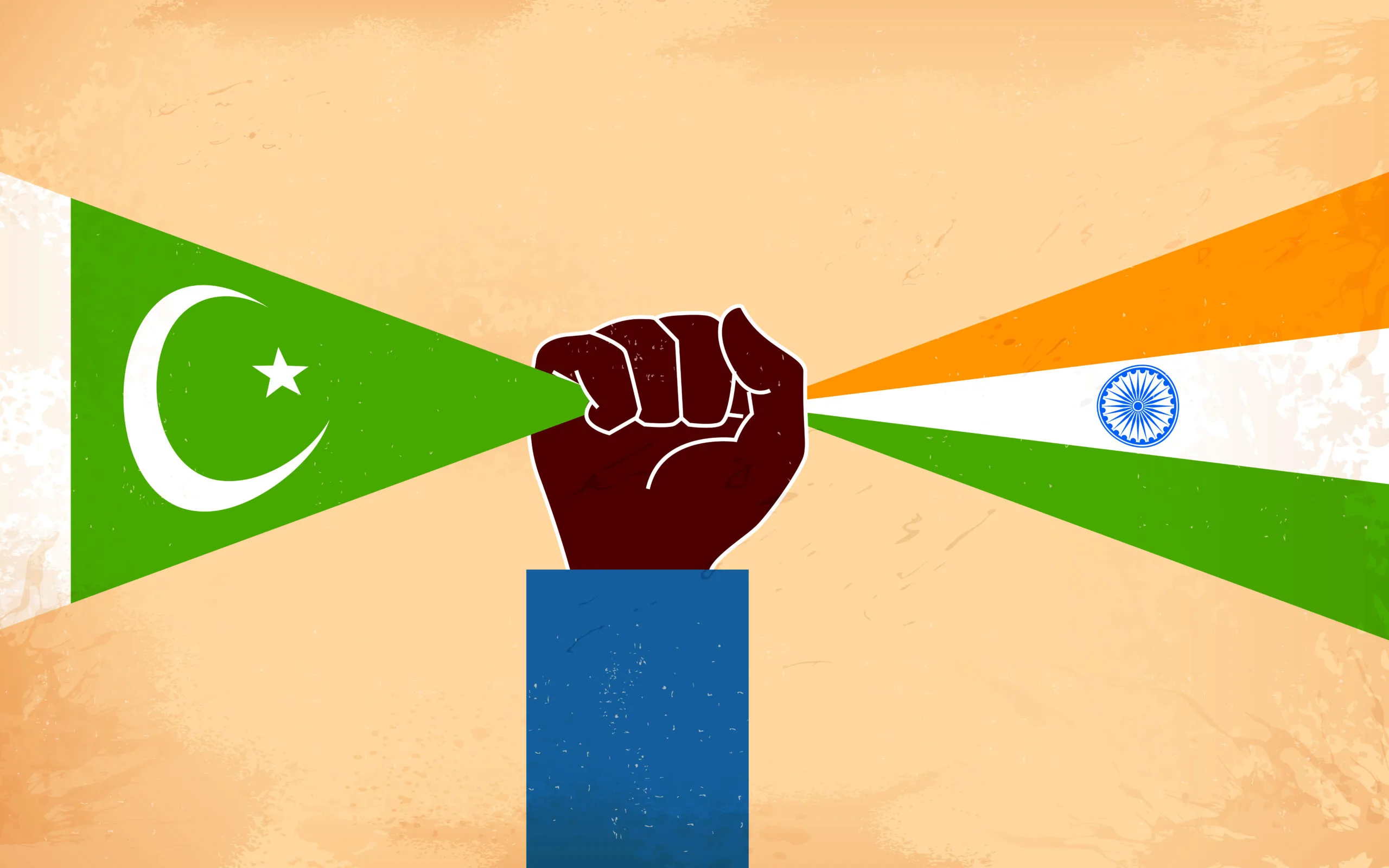
In the evolving strategic chessboard of South Asia, economic pressure is becoming the preferred weapon of choice. Amid post-Pahalgam hostilities, India has launched an aggressive diplomatic campaign to isolate Pakistan financially, accusing Islamabad of aiding terrorism, diverting aid, and destabilizing regional peace. However, beneath these allegations lies a calculated effort to weaponize global financial instruments against a geopolitical rival — a move that risks politicizing multilateral institutions and destabilizing an already volatile region.
India’s recent efforts to push for international financial measures against Pakistan, particularly via platforms like the Financial Action Task Force (FATF) and the International Monetary Fund (IMF), are driven less by empirical evidence and more by narrative warfare. Claiming Pakistan is behind the death of 26 Hindu pilgrims in Kashmir — without waiting for a neutral investigation — reflects a familiar pattern: blame first, investigate later.
Pakistan has repeatedly called for an impartial probe into the Pahalgam incident. India’s refusal to consider third-party investigation reveals more than insecurity; it exposes a political design aimed at deflecting international attention from its own internal failures. The accusations of “state-sponsored terrorism” ring hollow when one considers India’s increasing association with cross-border covert operations.
The most glaring case is that of Commander Kulbhushan Jadhav, an Indian naval officer arrested by Pakistan in 2016. His confession and corroborative evidence showed direct involvement in terrorist financing and sabotage operations inside Balochistan. Jadhav’s presence on Pakistani soil was not coincidental; it was part of a broader pattern of covert destabilization, funded and directed by Indian state actors. Yet, India has repeatedly evaded accountability in international forums, largely by controlling the narrative.
Moreover, the Modi government’s recent statements claiming Pakistan uses IMF funds to purchase arms show a deliberate attempt to malign Pakistan’s economic recovery. The IMF’s review processes are rigorous, and no evidence has emerged suggesting a misuse of disbursed funds. Pakistan’s successful completion of its IMF program has been hailed as a sign of economic stabilization — a trajectory that India now seeks to disrupt.
India’s credibility crisis becomes even starker when one examines the FATF’s own Mutual Evaluation Report (MER) on India (2024). The report flagged serious procedural deficiencies — including prolonged pre-trial detentions, selective prosecutions under the Unlawful Activities Prevention Act (UAPA) and the Prevention of Money Laundering Act (PMLA), and the politicization of financial laws. Instead of targeting terrorist financiers, these laws have been disproportionately applied against journalists, activists, civil society members, and religious minorities.
Even more troubling is India’s recent unilateral decision to suspend the Indus Waters Treaty (IWT) — a World Bank-brokered agreement that has survived wars, sanctions, and diplomatic crises. By holding water hostage following military escalations, India is setting a dangerous precedent that treats basic human needs as strategic leverage. Water, a shared resource and lifeline for millions, must never be weaponized. Such actions breach not only international law but also ethical norms, pushing the region closer to ecological and humanitarian disaster.
The selective outrage of the Indian government becomes glaringly evident when one compares its aggressive posture toward Pakistan with the silence surrounding domestic terrorism within India. While India repeatedly invokes the threat of terrorism to justify hardline foreign policy, it continues to ignore the rise of Hindutva extremism at home — a form of ideological violence that remains underreported, under-investigated, and under-prosecuted. The Modi regime’s tolerance of hate speech, lynchings, and religious violence makes its counterterrorism narrative deeply disingenuous.
Pakistan, on the other hand, has taken tangible steps to counter terrorist financing. It fulfilled 34 action items required by FATF, leading to its removal from the grey list. It has amended critical legislation, frozen assets linked to terrorism, and increased inter-agency coordination. These actions demonstrate a commitment to international norms — a commitment undermined when adversarial states attempt to re-litigate resolved matters for political gain. India’s current financial campaign, including pressure on global lenders and ultilateral watchdogs, aims to create a negative economic atmosphere for Pakistan. However, weaponizing global financial systems for political rivalry is not just unethical — it is dangerous.
Such a path undermines not just Pakistan’s economic development, but the global order itself. If powerful countries begin using international mechanisms to punish geopolitical rivals, the very purpose of those institutions is rendered obsolete. They become tools of coercion, rather than platforms of fairness.
For its part, Pakistan must continue to push back diplomatically, factually, and legally. It must mobilize its missions abroad, engage international media, and flood global platforms with its counter-narrative — one grounded in evidence, not emotion. The world must be reminded that Pakistan has suffered immensely in the war against terrorism, both in terms of lives lost and economic setbacks. Its commitment to peace must not be undermined by baseless smear campaigns.
